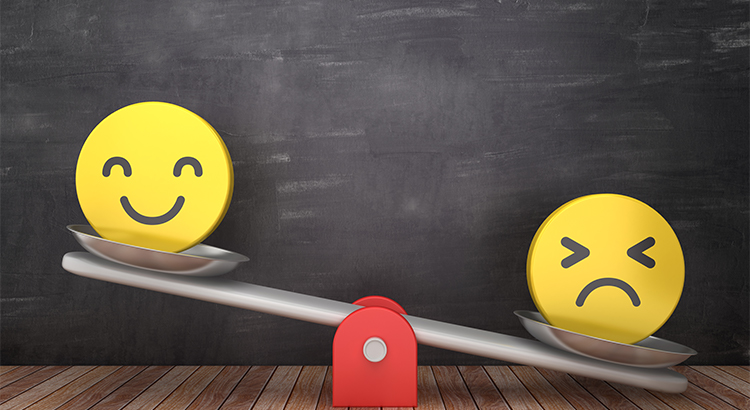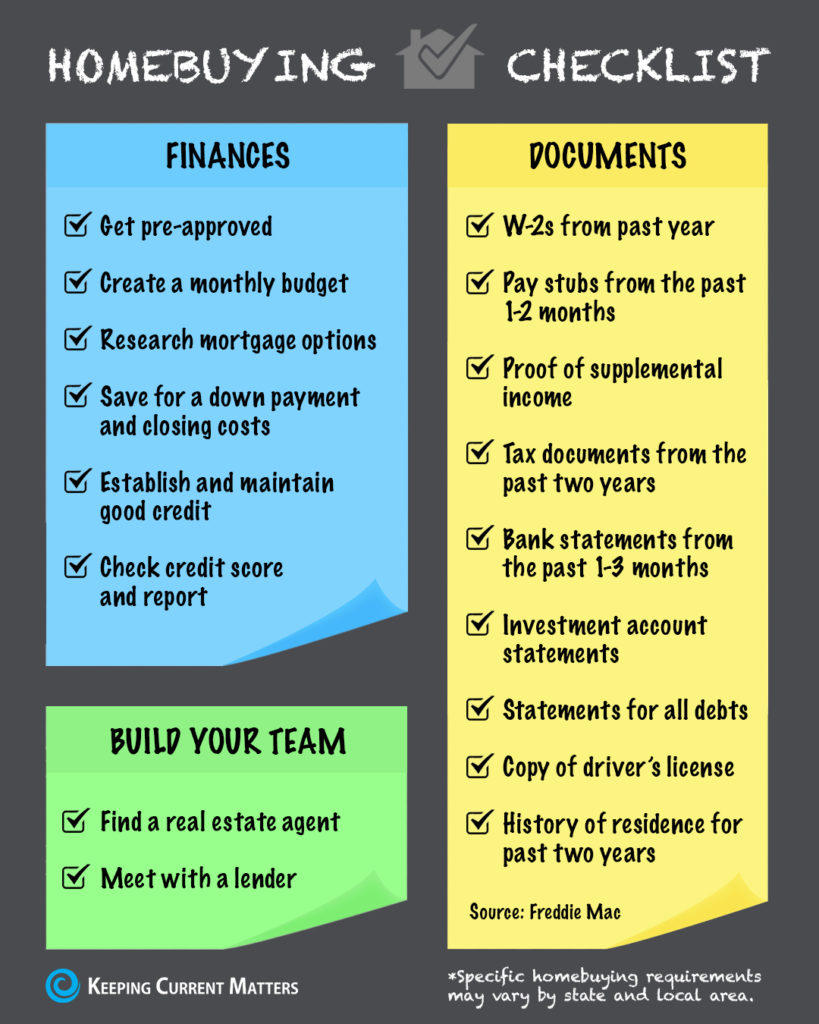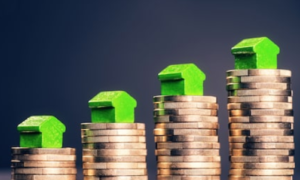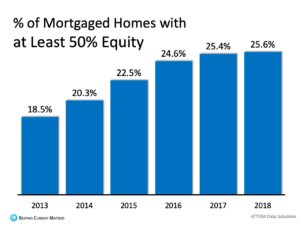
When people talk about homeownership and the American Dream, much of the conversation revolves around the financial benefits of owning a home. However, two recent studies show that the non-financial benefits might be even more valuable.
In a recent survey, Bank of America asked homeowners: “Does owning a home make you happier than renting?” 93% of the respondents answered yes, while only 7% said no. The survey also revealed:
- More than 80% said they wouldn’t go back to renting
- 88% agreed that buying a home is the “best decision they have ever made”
- 79% believed owning a home has changed them for the better
Those surveyed talked about the “emotional equity” that is built through homeownership. The study says more than half of current homeowners define a home as a place to make memories, compared to 42% who view a home as a financial investment. Besides building wealth, the survey also showed that homeownership enhances quality of life:
- 67% of current homeowners believed their relationships with family and loved ones have changed for the better since they bought a home
- 78% are satisfied with the quality of their social life
- 82% of homeowners said they were satisfied with the amount of time they spend on their hobbies and passions since purchasing a home
- 75% of homeowners pursued new hobbies after buying a home
Homeowners seem to be very happy.
Renters Tell a Different Story…
According to the latest Zillow Housing Aspirations Report, 45% of renters regret renting rather than buying — more than five times the share of homeowners (8%) who regret buying instead of renting. Here are the four major reasons people regret renting, according to the report:
- 52% regret not being able to build equity
- 52% regret not being able to customize or improve their rentals
- 50% regret that the rent is so high
- 49% regret that they lack private outdoor space
These two studies prove that renting is just not the same as owning.
Bottom Line
There are both financial and non-financial benefits to homeownership. As good as the “financial equity” is, it doesn’t compare to the “emotional equity” gained through owning your own home.
Speak to a real estate professional to see what’s best for you and your goals.




